7 min read
What is an ESG Report?
In recent years, organisations have been focused on embedding sustainability into their operations. Numerous companies...
The Sustainability Reporting Standard (SRS) is a voluntary ESG reporting framework that has been specifically designed for the Social Housing sector in the UK. The reporting standard comprises of 48 ESG criteria across 12 themes, some of which have several criteria and some with only one:
The 48 criteria are divided into 30 ‘Core’ criteria and 18 ‘Enhanced’ criteria, including both quantitative and qualitative measures.
The core/enhanced distinction does not signal differences in importance, but rather the challenge of reporting against them (mainly in terms of access to data and availability of time).
![]()
To provide some context, the need for a specific ESG reporting standard for the sector in the UK can be summarised in the following two points:
It quickly became apparent that the absence of any sector standard ESG reporting standard would hinder investment progress. With a myriad of reporting frameworks available, social housing providers were being sent different ESG questionnaires — many of which are not relevant and do not allow housing associations to demonstrate their ESG credentials in an appropriate way.
The development of the standard was driven through a collaborative approach led by The Good Economy, a specialist impact advisory firm and involved multiple other market participants who formed a working group in 2019 which included:
The Good Economy together with Ritterwald reviewed the existing ESG questionnaires that were being actively used by lenders and investors. The recurring themes, questions and criteria were then identified, compared and contrasted. Feedback was then fed from all the market participants in the working group during workshops to finalise the 48 metrics in a white paper published in 2020.
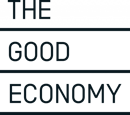

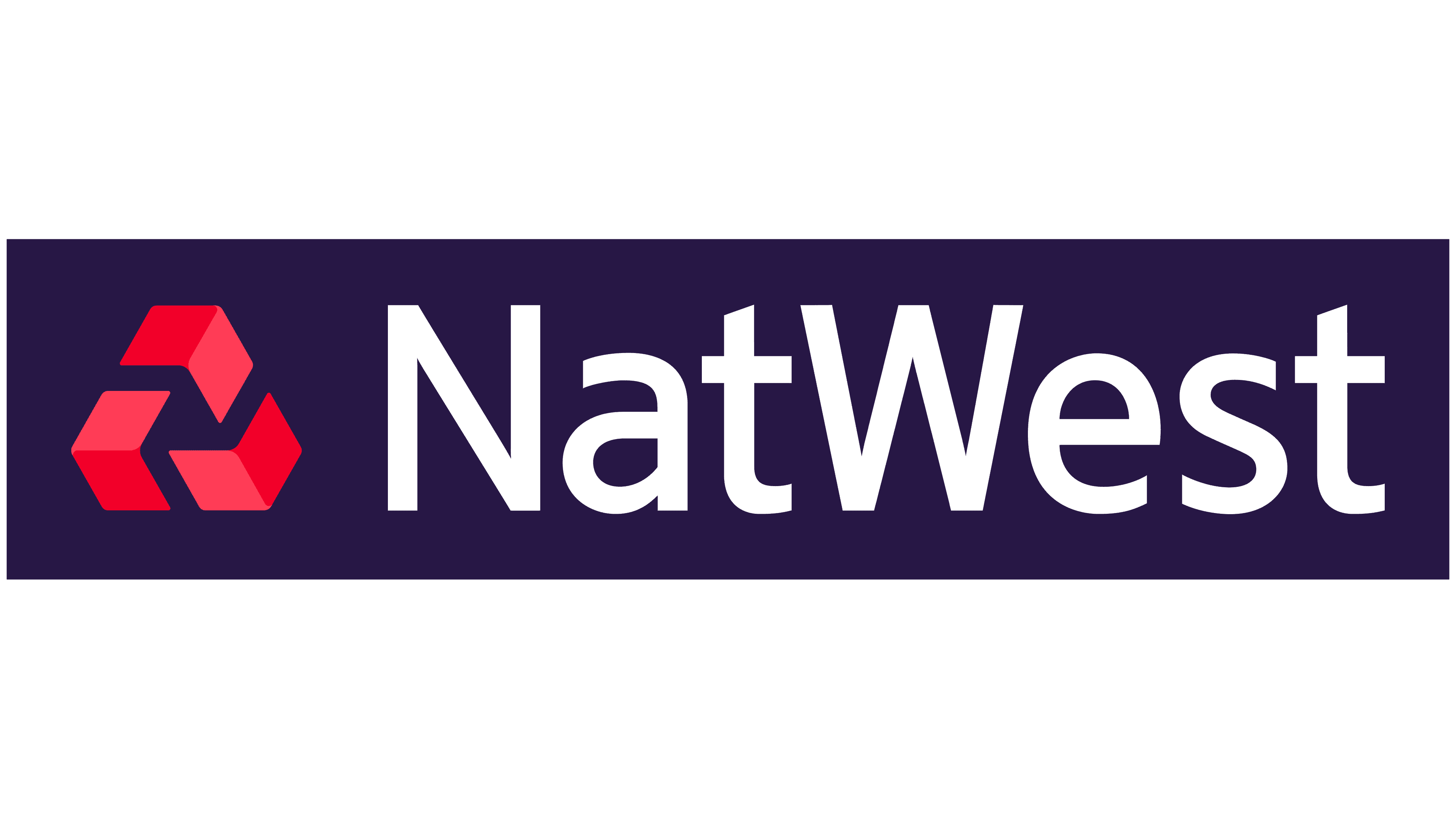
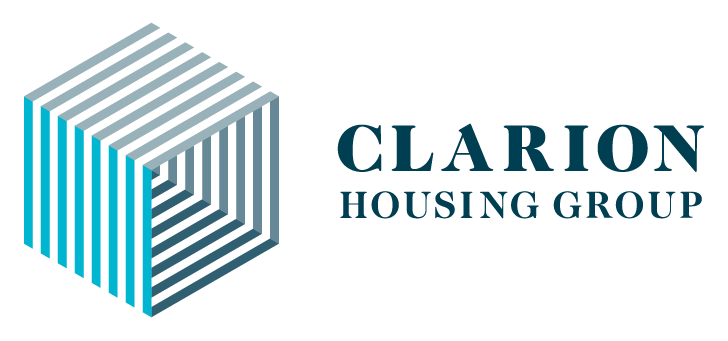
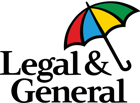
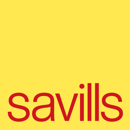
As of July 2022, 77 housing associations have become early adopters of the SRS, meaning their ESG reports (published or set to be published) are aligned with the reporting standard and report against the standard on an annual basis. The Good Economy have set a target of reaching 150 early adopters by the end of 2022.
The SRS also counts with 37 adopter investors/lenders who have committed to integrating the SRS into investment and credit policies, processes and/or product design. An additional 21 endorsers have committed to promoting the adoption and implementation of the SRS.
According to feedback published The Good Economy’s ‘One year In, the story so far’ review, investors and lenders see the SRS as ‘best practice’ and have begun to move the SRS from a preferred reporting framework to the norm. It is being used by funders to evaluate ESG performance and to assist with pricing investment risk.
Since the launch of the SRS, 25 housing providers accessed the debt capital markets issuing £5.9bn of public bonds from the start of 2021.
Over 81% of the public bonds raised were linked to ESG finance via Social, Sustainability and Sustainability-Linked Bonds. Of these, 13 housing providers were adopters of the SRS, issuing over £3.5bn of ESG linked public bonds representing close to 60% of the total raised since 2021.
Sustainability-Linked Loans (SLLs) have also increased in prominence, with SLLs becoming the default lending position for many funders. A significant number of housing providers, of both varying sizes and locations, have begun the transition of their borrowings books to becoming ESG-linked.
![]()
It was important for the working group that they followed the best practice guidelines identified by the Impact Investing Institute and to also align with the emerging global corporate ESG and impact reporting standards and metrics so that results can be easily mapped and achieve broad acceptance within the lender and investor community. As a result the SRS has been mapped to the following global standards:
![]()
![]()
![]()
![]()
In recent years, organisations have been focused on embedding sustainability into their operations. Numerous companies...
On Thursday 2nd May, Convene sponsored the 2024 CGI ESG Summit. We’d like to thank the Chartered Governance Institute...
Convene ESG have recently been informed that some KPMG clients have been told to ensure their ESG reports should be...
On the 16th April 2024, Convene hosted our second webinar in our Convene ESG series, which focused on ‘Demystifying ESG...
On the 12th March, Convene hosted the first webinar in our Convene ESG series, explaining updates on ESG matters in the...
Today Convene ESG hosted yet another successful webinar about what you can expect in the Housing ESG realm in 2024.
We...
Lorem ipsum dolor amet aesthetic photo booth activated charcoal occupy iPhone schlitz squid. Everyday carry 3 wolf moon raw denim semiotics pok pok tattooed readymade bushwick. Humblebrag skateboard green juice mixtape polaroid ethical, messenger bag pitchfork sriracha hammock. Fam twee 3 wolf moon, authentic woke stumptown bespoke.
Lorem ipsum dolor amet aesthetic photo booth activated charcoal occupy iPhone schlitz squid. Everyday carry 3 wolf moon raw denim semiotics pok pok tattooed readymade bushwick. Humblebrag skateboard green juice mixtape polaroid ethical, messenger bag pitchfork sriracha hammock. Fam twee 3 wolf moon, authentic woke stumptown bespoke.
